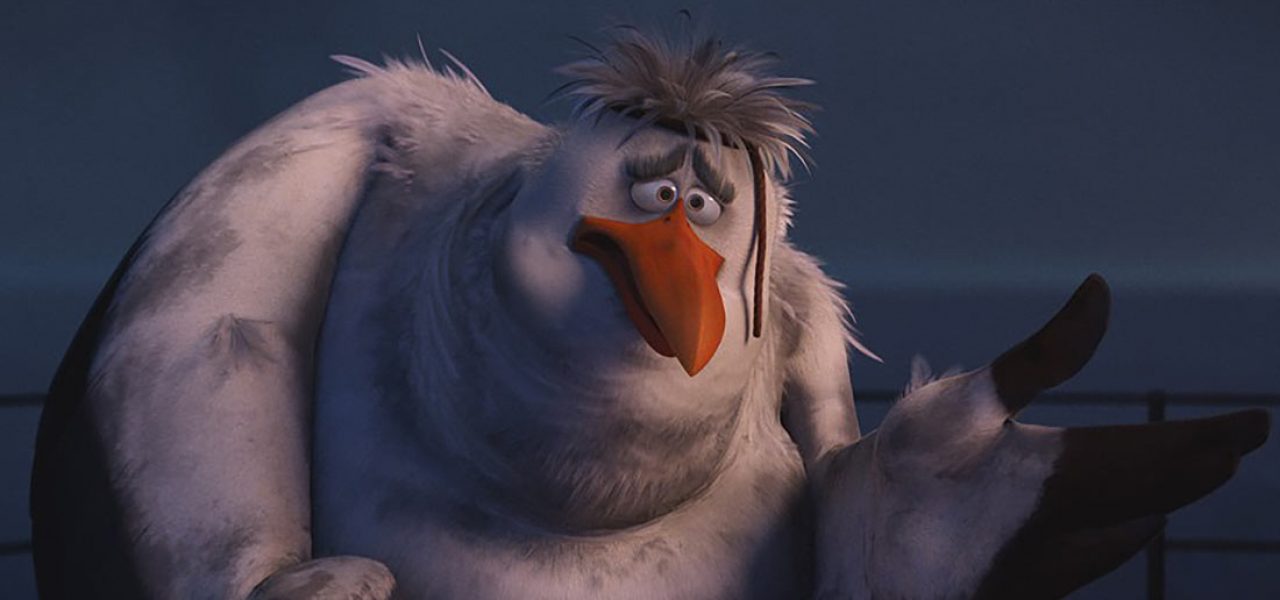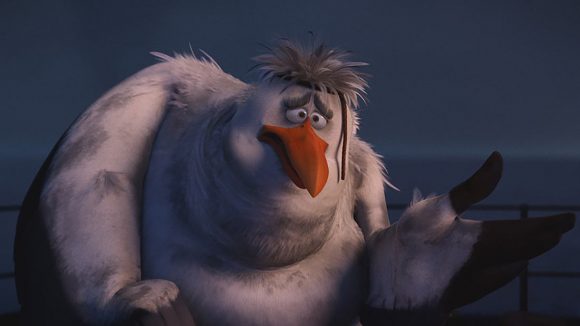

‘Storks’ Doesn’t Fly, While ‘Secret Life of Pets’ Surpasses ‘The Jungle Book’
Last Saturday, on its 79th day of domestic release, Illumination’s The Secret Life of Pets surpassed Disney’s The Jungle Book to become the third-highest-grossing U.S. release of the year. The film’s total at the end of the weekend stood at $364.3 million, which is around $4 million less than Illumination’s all-time U.S. grosser, Minions ($368.1m).
Pets’ impressive worldwide total—$821.8m—still lags both Minions ($1.16 billion) and Despicable Me 2 ($970.8m), however it is easily the top-grossing original Illumination release to date, topping Despicable Me’s $543.1 million global total.
Less impressive, Warner Bros. launched Storks in 3,922 theaters last Friday, and ended up with $21.3 million for the weekend. The launch for the Doug Sweetland/Nicholas Stoller-directed film was good for second place, but fell short of the type of debuts that Sony Pictures Animation has achieved in the late-September slot: Hotel Tranyslvania 2 ($48.5m, 2015), Cloudy with a Chance of Meatballs 2 ($34m, 2013), Hotel Tranyslvania ($42.5m, 2012), Cloudy with a Chance of Meatballs ($30.3m, 2009). The film may end up performing only slightly better than Warner Bros.’ own late-September release, Legend of the Guardians: The Owls of Ga’Hoole, which launched with $16.1m in 2010 and wrapped up with $55.7m domestic.
Storks debuted mildly in its international launch as well, picking up around $18m from 33 territories, including major animation-friendly countries like China, Russia, Brazil, Mexico, and Australia. If Warner Animation Group, which launched promisingly with The LEGO Movie in 2014, anticipated a new franchise out of Storks, they must be disappointed.
Although most industry box office tracking was bullish on the film’s prospects, suggesting a launch in the upper-20-millions or low-30s, it was fairly obvious from Warner Bros.’ muddled ad campaign that the film had no chance of achieving such heights. As Cartoon Brew had pointed out on Twitter, WB sold the film as a low-stakes comedy/adventure with unlikable characters and a nonsensical story. Whether that’s reflective of Storks itself, I wouldn’t know because I haven’t seen it yet, but the marketing team at Warner Bros. certainly didn’t bring its A game for the film, and that proved fatal during a year when other animation producers are consistently releasing above-average films.
In its sixth weekend, Laika’s stop-mo/CG hybrid Kubo and the Two Strings snatched 10th place with $1.1m domestically. The film has now grossed $46 million in the U.S., and could potentially end its run with less than Laika’s previous lowest-earner, The Boxtrolls, which wrapped up with $50.8m. Overseas, Kubo has earned an additional $12.9m for a global total of $58.9m.
Laika remains in an utterly unique position, with the studio being run by the son of one of the richest men in the world. It doesn’t have an urgent need to score a big hit like other studios which are beholden to stockholders, and it seems likely that Laika will continue on its current path of producing critically-appreciated and artistically-ambitious—if not blockbuster-grossing—films.

.png)